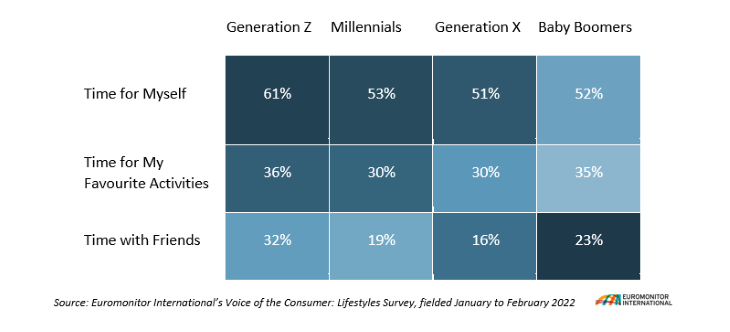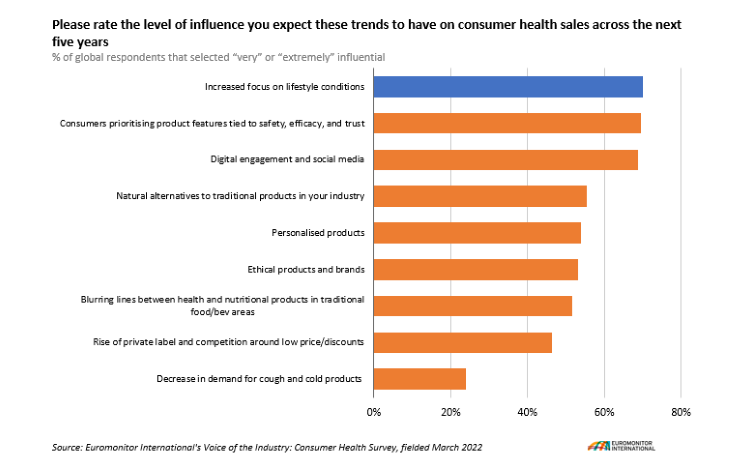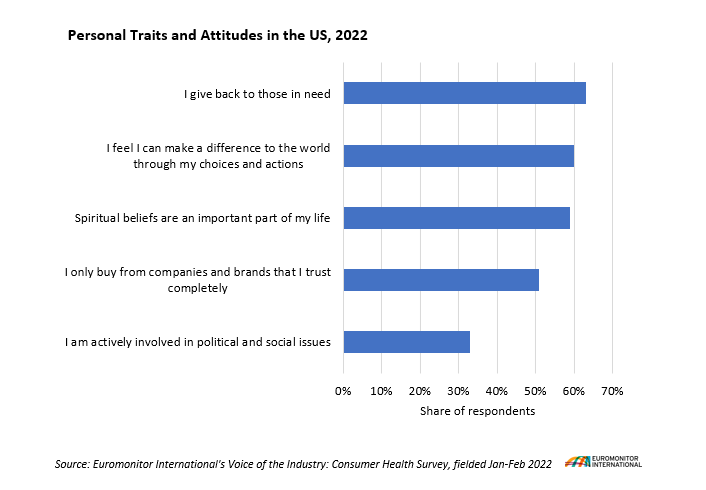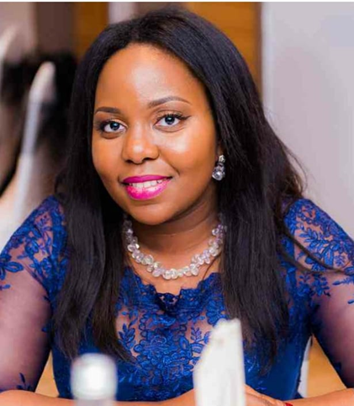Diversity, equity and inclusion (DEI) are values that are important to many consumers nowadays. Growing individualism and understanding that everyone is and has a right to be different translates into higher demand for products and services that are not one-size-fits-all. At the same time, businesses are moving from mere compliance to developing holistic DEI strategies.
This article looks at the megatrend of Diversity and Inclusion from the perspective of three pillars: Beyond Stereotypes, Accessible for All, and Social Goodness, while our in-house DEI director Adeife Onwuzulike offers her top three focus points for companies wanting to play in the DEI space.
Thinking beyond stereotypes
Celebrating uniqueness and individuality while embracing differences and limitations is the future, and is changing mindsets. Self-care, individuality and uniqueness are moving to the forefront of consumers’ lifestyles, while consumers are reconsidering their worth, accepting that they are not perfect, and learning to appreciate their differences. According to Euromonitor International’s Voice of the Consumer: Lifestyles Survey 2022, consumers listed “Time for Myself” and “Time for My Favourite Activities” as their top life priorities, illustrating growing individualism and the concentration on personality.

Broader acceptance of consumers’ differences means growing recognition of the under-represented. As the marginalised population expands, and as their disposable incomes and purchasing power increase, businesses are starting to acknowledge their importance. For instance, the erosion of gender identity stereotypes is leading to a gender identity revolution, and to niche opportunities, such as the first ever engagement ring for men, targeting male and gender-fluid consumers, which was launched by Tiffany&Co in 2021.
Introducing accessibility for all
In Euromonitor’s Voice of the Industry: Consumer Health Survey 2022, 70% of professional respondents agreed that an increased focus on lifestyle conditions would significantly impact their company’s sales in the next five years. Yet, people with differing abilities are still often overlooked when developing and supplying products and services. Almost everyone is likely to experience some impairment – temporary or permanent, visible or cognitive – at some point in their life. This focus on “accessibility” includes not just those with disabilities, but incorporates a broad spectrum of consumers, from minority groups to those with limited financial inclusion and more.

Experiencing social goodness
Consumers expect brands to deliver on social justice commitments. They call out companies that are not acting, or when corporate actions fail to live up to promises. Consumers quickly notice when a company’s performance is not authentic, or is sporadic rather than continuous. As digital platforms give everyone a voice, cancel culture and social media have become inseparable. Social media, both in its anonymity, options and speed, has augmented the impact of calls to action, and companies and brands are seeing consequences immediately affecting their revenues.
According to Adeife Onwuzulike, Director of Diversity, Equity and Inclusion at Euromonitor International, “the year 2020 saw the resurfacing of long overdue social and racial injustices that our global population could no longer ignore. For many businesses it was a profound turning point, when the perceptions of how they prioritise diversity, equity, and inclusion (DEI) changed too. DEI became not just nice-to-have, but key to how businesses succeed internally and externally, and how consumers view them”.
Businesses need to look at DEI through the lens of:
- Diversity is about representation – having diverse voices represented at all levels of your business, including supply chain, operations and marketing. It enhances the final output, and not only in a creative way. In addition, a holistic DEI strategy ensures the credibility and authenticity of the product portfolio, as well as the brand, and ultimately improves consumers’ perceptions. It helps to break down stereotypes, highlight accessibility challenges and opportunities, and improve awareness of existing and potential consumers’ needs.
- Equity is about going beyond equality, striving for fairness in processes and practices. This impacts how the business is set up, the internal operations, the metrics to measure progress and success, and ensure that marginalised members in the company feel like there is fairness and trust. This is key in building a holistic DEI strategy and embedding it within the overall business strategy.
- Inclusion creates a sense of purpose and belonging, and this helps to build a culture that all feel part of. It is about working with and championing employee resource groups or business resource groups as strategic voices of influence in how the corporate culture is shaped.
To find out more about the Diversity and Inclusion megatrend, read Megatrends: Diversity and Inclusion.

